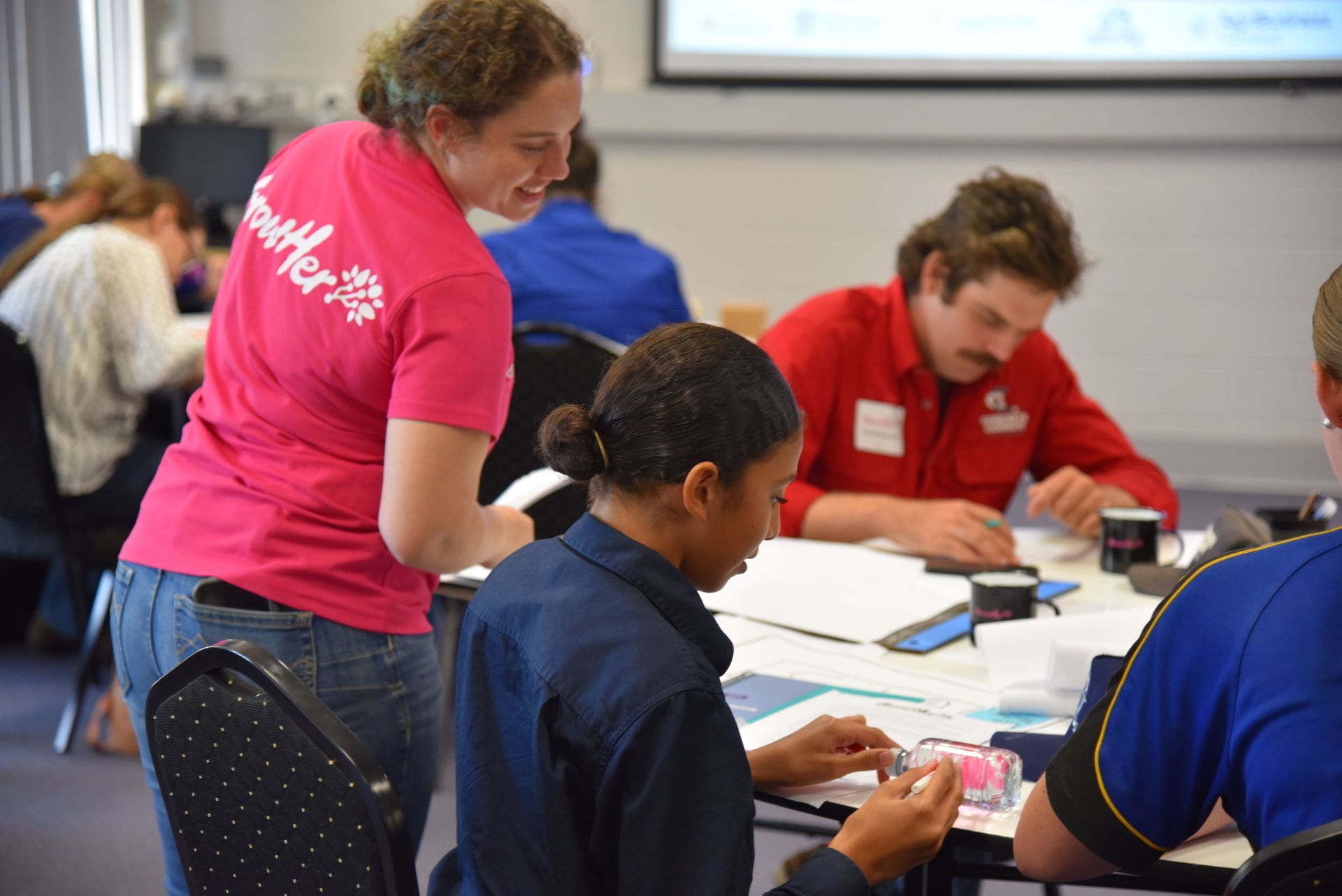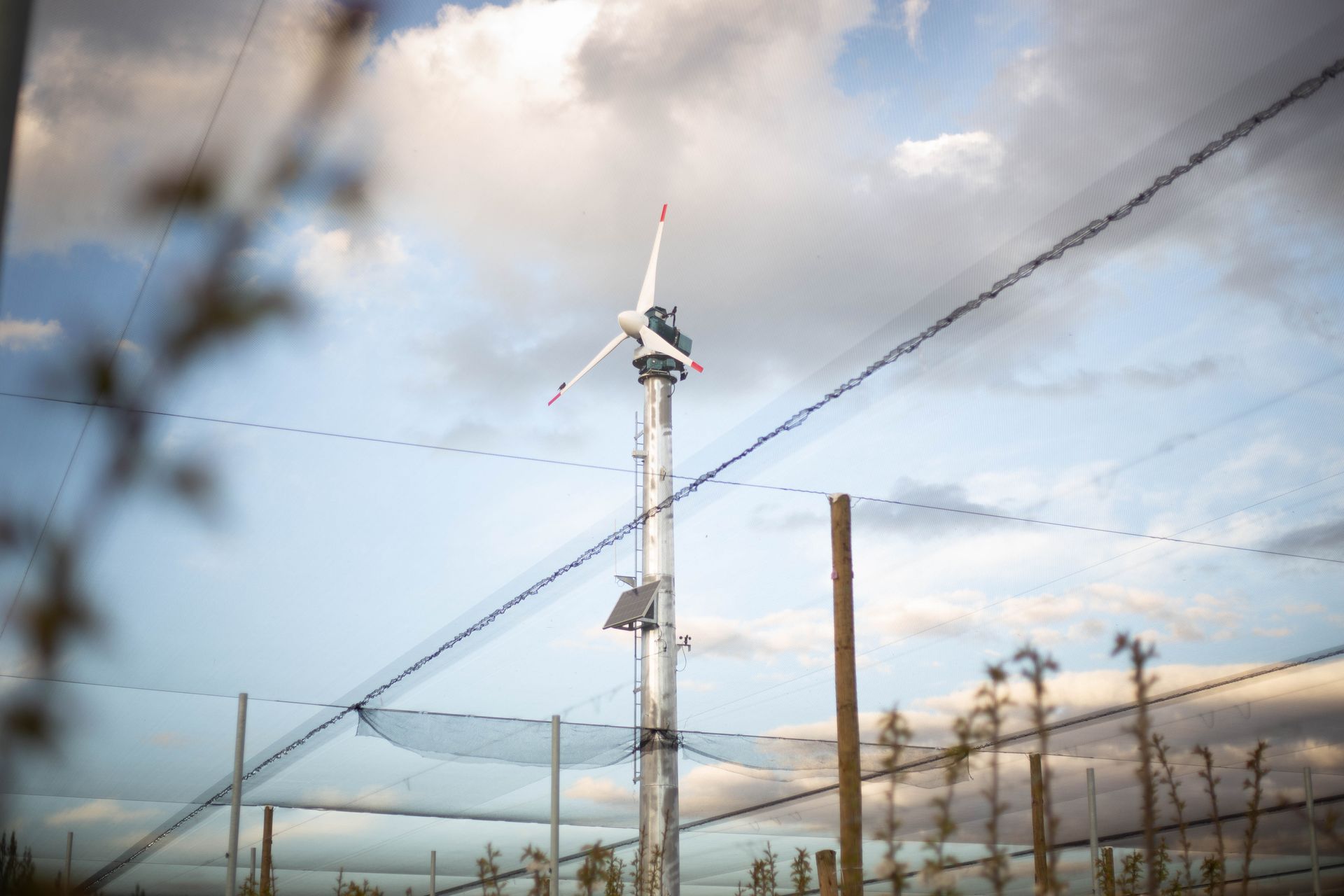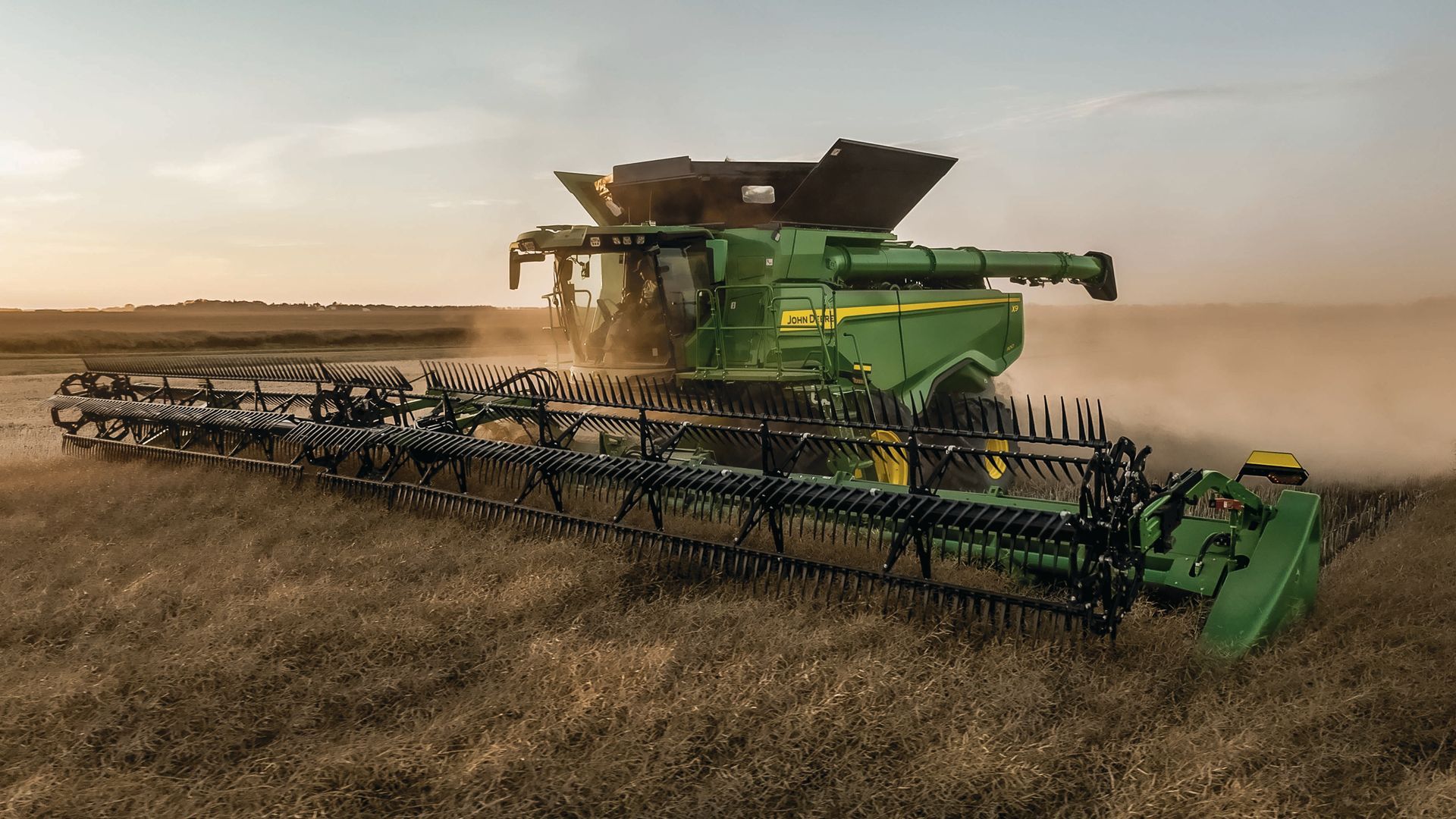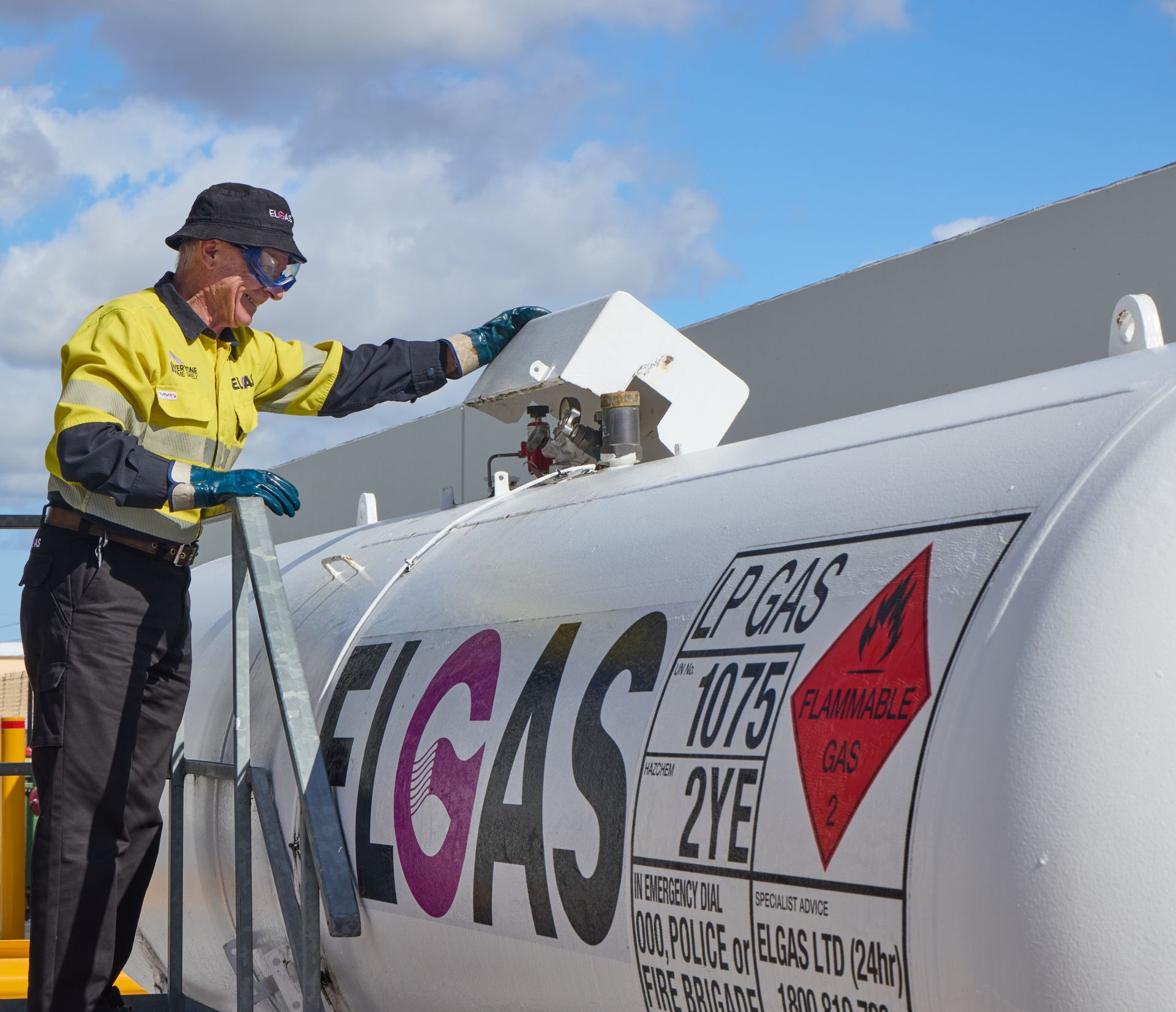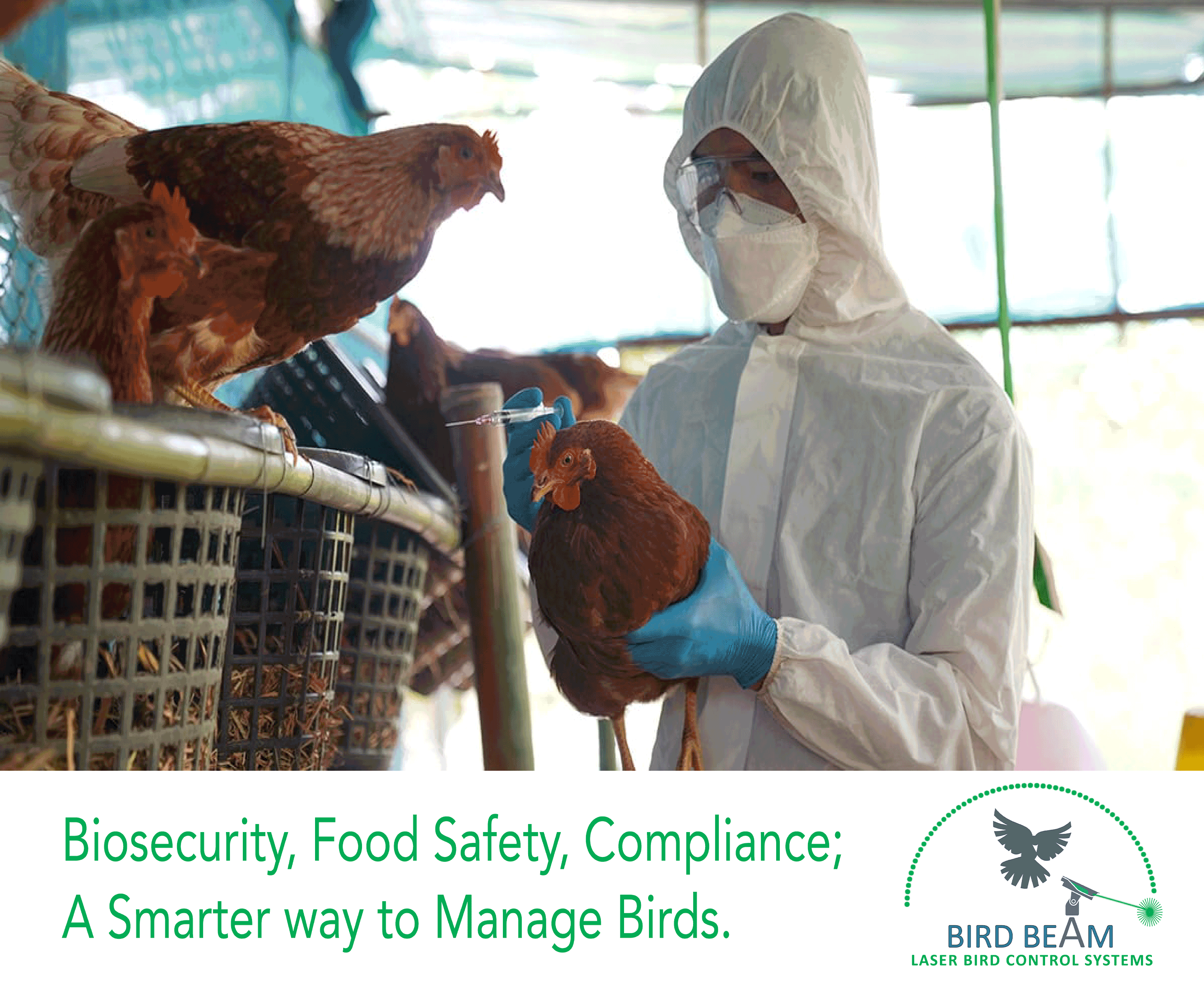1MG FlippingBooks
Ecological Organic Fertiliser by ReNutrients - trace minerals from recycled batteries
Cutting-edge Finnish technology enables this Australia-based company to extract and purify Zinc and Manganese from used alkaline batteries.
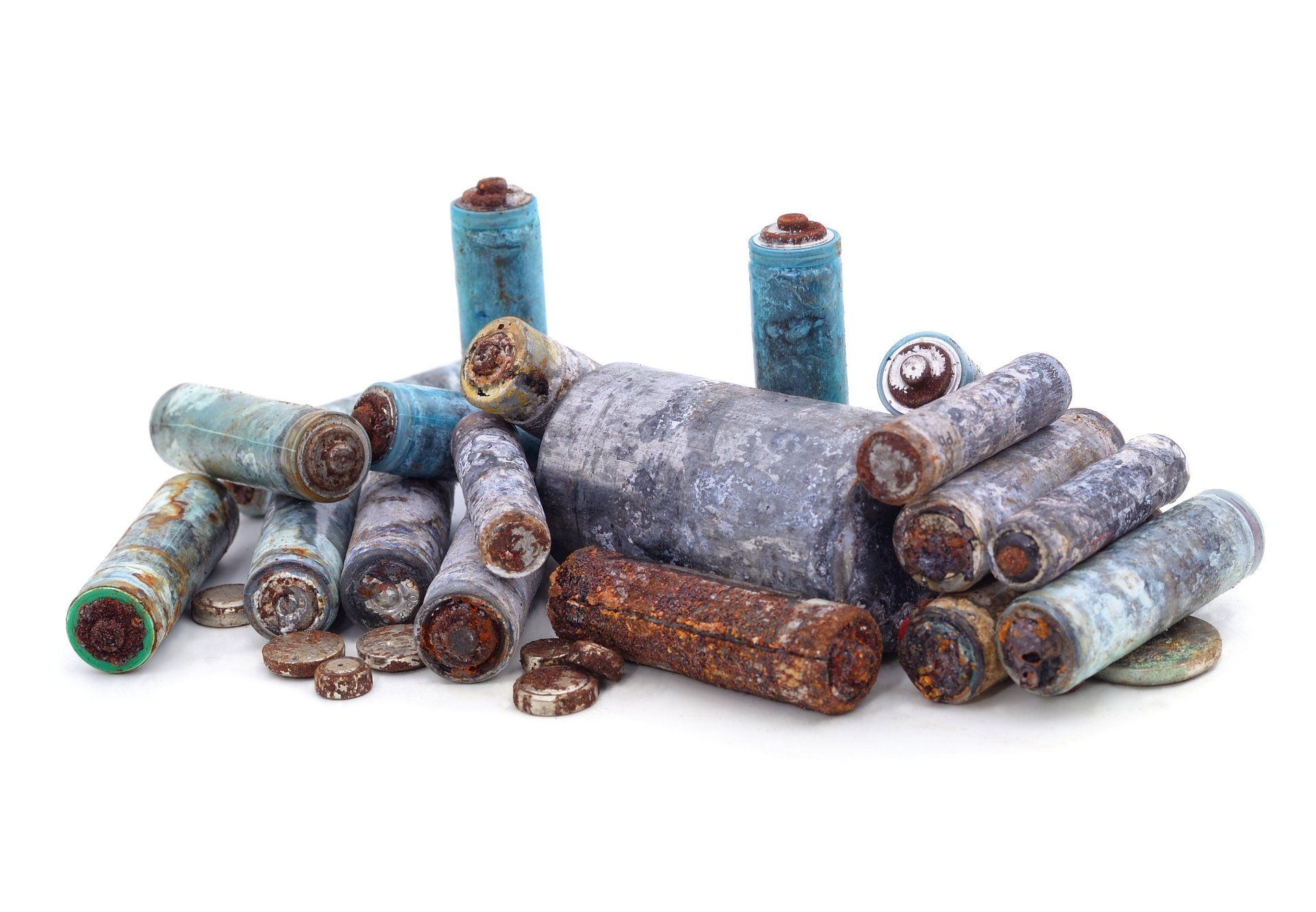
Who would have thought Cleantech can meet Agtech in the form of a viable jump from toxic batteries to pure fertiliser? The Australian company ReNutrients is using Finnish technology to do just that - tackling an environmental issue whilst returning valuable nutrients to the ground. Their first product is ZM-Grow™ which has been approved as an input for Organic Production by the National Association for Sustainable Agriculture in Australia, NASAA.
According to research commissioned by the Battery Stewardship Council (BSC), Australians only recycle around 10 per cent of their household batteries. When compared to Switzerland’s 71 per cent (and five other nations recycling more than half of the batteries they buy), it is no wonder that the BSC is preparing to launch a national collection network for end-of-life batteries not covered by other stewardship schemes (such as computers and phones).
ReNutrients addresses battery recycling and more. It is commonly known that soils and pasture throughout Australia tend to be deficient in trace minerals. This has a knock-on effect on crops and livestock. Through this technology, however, valuable minerals which are currently mined in Australia can now be recycled and returned to the soil.
The technology, which is patented by the Finland-based company TraceGrow, centres on extracting and purifying the trace minerals zinc and manganese from used alkaline batteries. The resultant premium foliar fertiliser ZM-Grow™ is clean, safe and adaptable. The liquid compound comprises nutrients critical for plant growth and nutrition, including potassium and sulphur in addition to those extracted. Increased yields and an enriched nutrient content in crops have been proven during trials overseas. Thus far tests have been conducted in countries including Finland, England, Italy and the USA, for wheat, oats, barley, grass, corn, citrus, avocado, cotton, tomato and potato. The fertiliser has already been certified for organic use in the UK and approved for use as an organic fertiliser under EU legislation. Recently, it has been approved by NASAA in Australia, where trials are currently underway.
ReNutrients is a member of both NASAA and the Australian Food Sovereignty Alliance (AFSA). The company has plans to advance and establish a processing and manufacturing facility in Australia. They are on a mission to play a key part in Australia’s circular economy, including sustainable and socially responsible production. Good news for conscientious consumers, who’d certainly enjoy the benefits of increased nutritional value also.
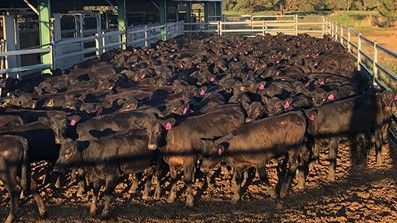
A selection of The Australian Farmer Sponsors - Click on a banner below to find out more...

